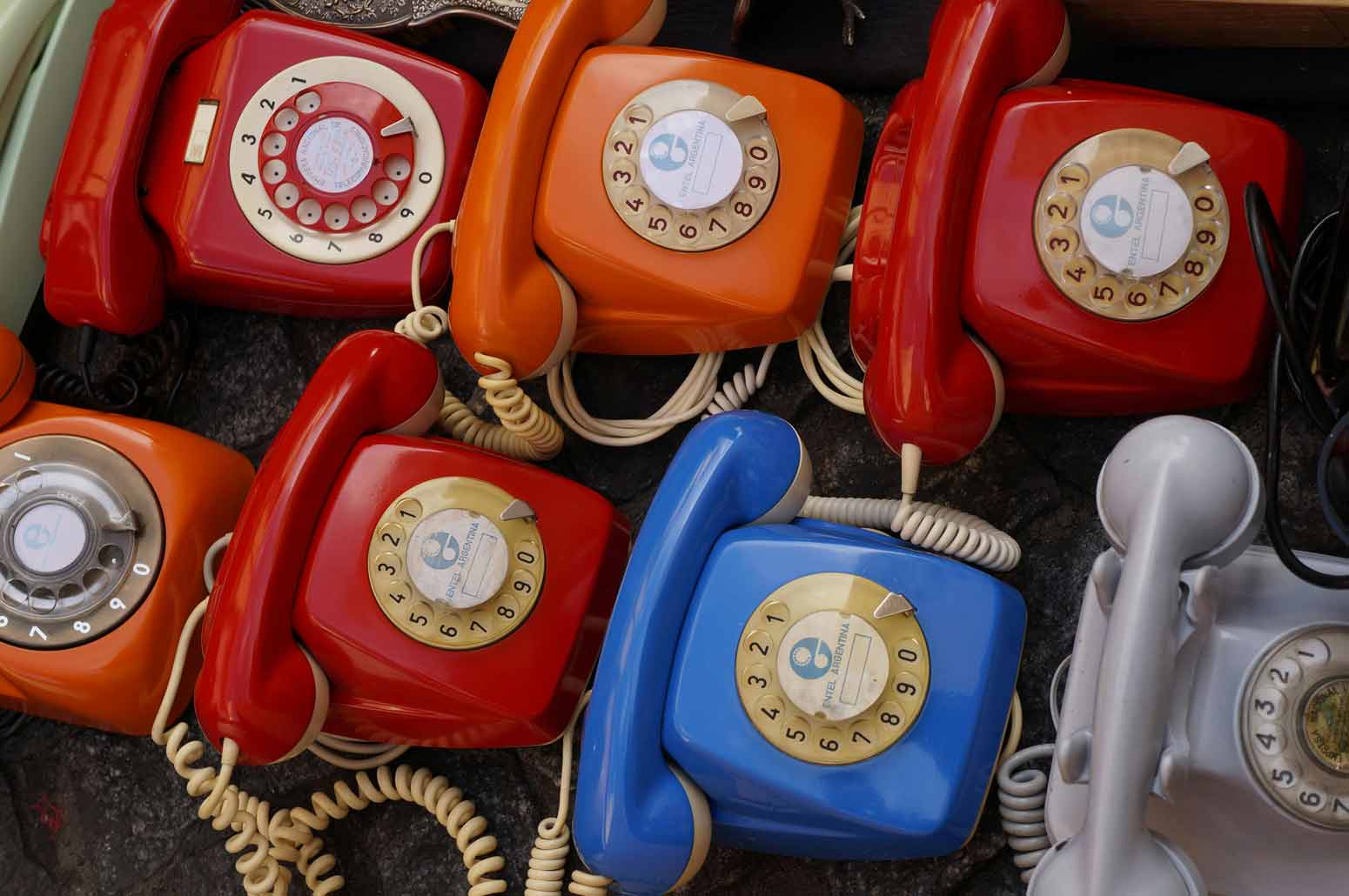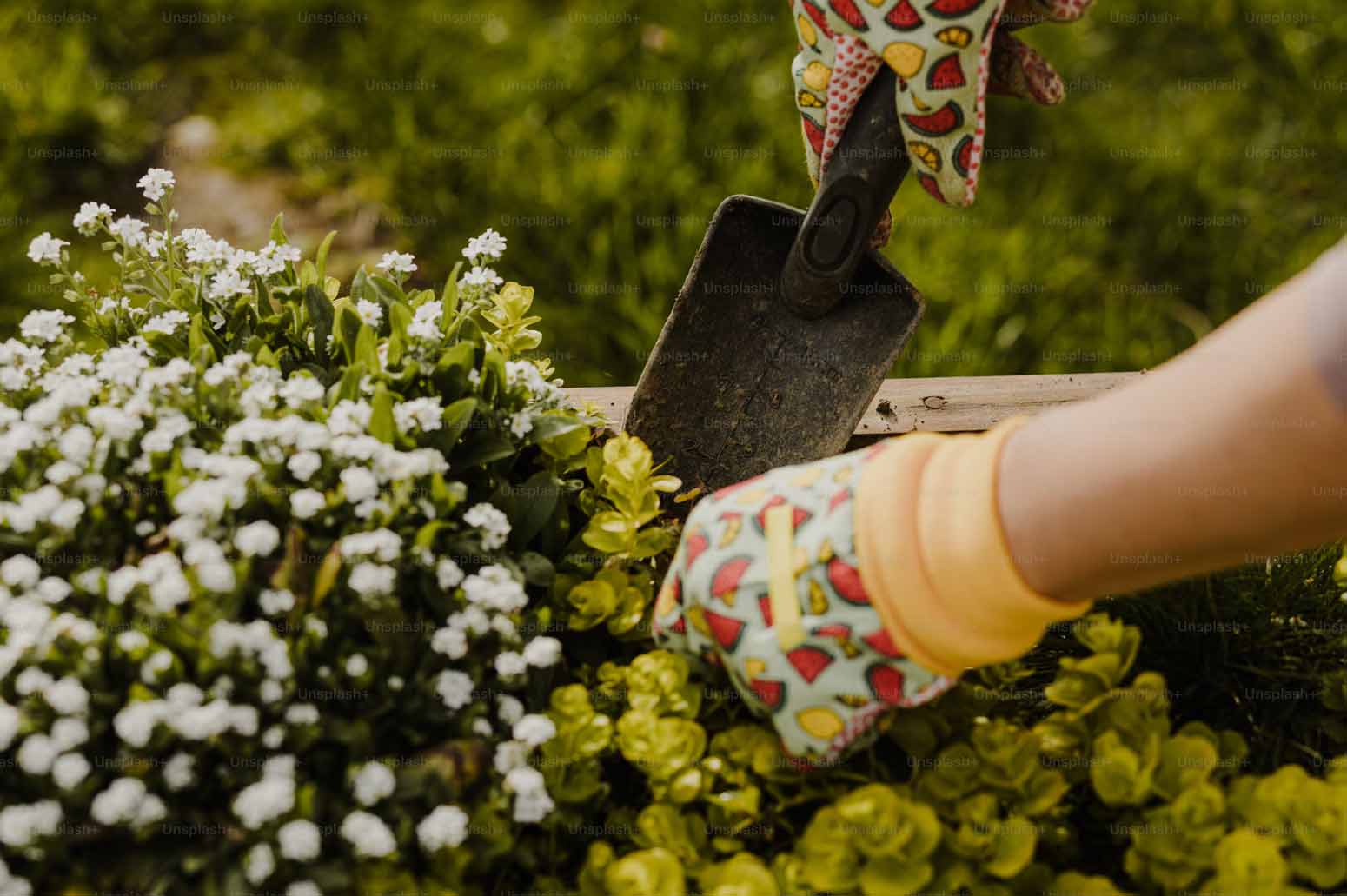It’s all over media these days…we have, apparently, reached the limits of civility. The end. No one knows how to be kind, graceful, or socially correct. Polite society as we previously knew it has ended. Or so some would have us believe.
But is it really the end of civility? Have the American people really completely transitioned into an impolite and bullish bunch? Perhaps it’s time to revisit simpler times, the days of chivalry, manners, and, as the French say, la politesse.
Join me as we journey to the bygone world of all things polite, appropriate, and well, just plain nice.
- It begins with words. Think before you speak. Are your words true, necessary, and kind? Do they speak life and affirmation?
- The eyes have it. Rolling eyes are the scourges of any parent of a teenager, but how about us as adults?
- Posture. It’s so much easier to make a point by attempting to loom over someone or have my arms crossed like I really mean business, but what exactly am I communicating with that comportment?
- Let your fingers do the walking, or talking. Posting all your drama on social media? Ranting about the latest news story? Ranting about someone you know? Remember, once it’s on the internet, you can’t take it back!
- Non-verbal verbalizing. Yeah, it’s possible. Sighing, huffing and puffing, shaking my head. It all says a lot.
- Not being aware of my surroundings. What does this have to do with manners? Potentially, quite a bit. Ever run someone over (not literally) or let a door close basically on someone? Been there!
- Put down that phone! It is possible to have an entire meal with someone without looking at a cell phone.
Being polite truly is both a state of mind and an act of the will. It often takes intentionality. I was born and raised in the South, and to this day, it’s “ma’am” and “sir” to anyone who even appears to be older than me. Obviously, being polite is more than speaking respectfully to our elders, but that’s a great start for teaching our children about being polite. Modeling kindness and etiquette are important for our children, but imagine the potential impact it could have on other people around us. Your act of polite behavior could remind someone else of their need to practice such conduct.
Here’s a quick refresher on what social etiquette looks like:
- Avoid using slang. Remember in Miss Congeniality when Gracie Hart had to be reminded to say yes instead of yeah? It really does matter! Even if it isn’t followed up by a ma’am or sir, it’s still far more polite to answer appropriately.
- Speak up! What you have to say is important, so don’t mumble.
- Make eye contact. Isn’t it frustrating and awkward to try to hold a conversation with someone who is looking everywhere but at you?
- Stand with your hands comfortably in front of you. Avoid fidgeting (unless you have a spinner, of course) and over gesticulating.
- Just because it’s on your mind doesn’t mean you have to say it. Sometimes holding our tongue speaks more about us than actually stating our opinion.
- Always introduce adults to your children as Ms. or Mr. (last name) when meeting someone who isn’t a family member. It teaches them respect for people older than them.
- Remember paper thank you notes? Those were the days! Make someone’s day by actually mailing to them a note of gratitude for a kind deed. Be specific about the gift or deed and how it will be used or impacted you. Say please, thank you, you’re welcome, and excuse me to everyone. No one is beneath being spoken to courteously. Not even the kid at the drive-thru or the rude store clerk. You may cause them to check their attitude by your own polite words.
- Tread carefully on social media. Words can be easily misinterpreted and assumptions are made in a heartbeat. Maybe it’s best to stick with the old adage, “if you can’t say something nice, don’t say anything at all.”
- Simply choose to be courteous. Open the door for someone. Compliment your server. Speak when spoken to. Ask the cashier how her day has gone. Avoid rude and negative words. Smile! The list of kind and courteous acts that you could perform every day is endless.
Being polite truly is both a state of mind and an act of the will.
The great things about practicing good manners and kindness are that everyone can do it and it doesn’t cost a thing. How many times have you seen or heard someone respond politely and thought to yourself how nice that was? Can you hear yourself saying, “wow, she’s sweet” or “what a nice guy?” That doesn’t happen by accident. Someone chose to teach and model civil behavior.
Despite what is on the evening news or on your Facebook news feed, the world is not all gloom and doom. You can choose to make the tiny piece of the planet that you occupy more pleasant by intentionally choosing to practice good manners and social courtesy. Set the example yourself, and hopefully others around you will follow.
—
You’ll also like Why You Need to Support Other Women and 5 Ways to Start, How to Discover That Giving Can Be Free and Easy, Stop Look and Listen to People Passing By, Anatomy of a Strong Woman, How Running Became About More Than Fitness to Me, 9 Marks of a Beautiful Woman (on the Inside), Excuse My Interruption, But I’m Right and You’re Wrong, and The Lost Art of Patience in a Busy Culture
#gritandgracelife













